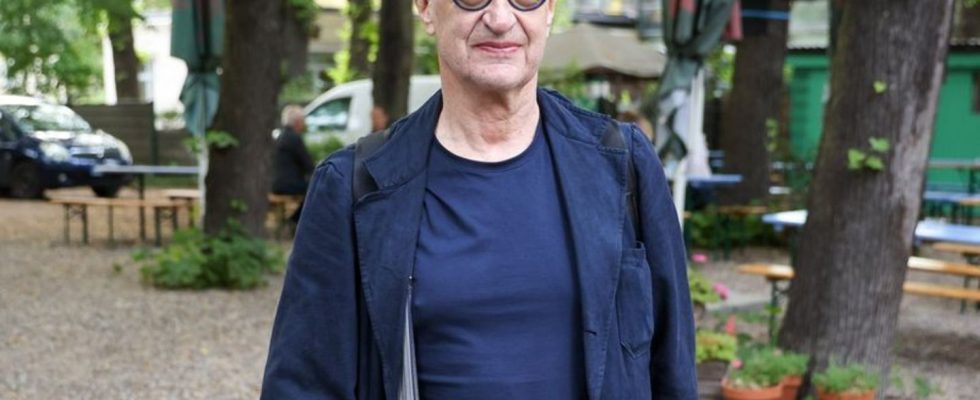New film
“Perfect Days” – What Wim Wenders appreciates about Japan
Filmmaker Wim Wenders has a close relationship with Japan. photo
© Gerald Matzka/dpa
“Perfect Days” is set in Tokyo and follows a man who cleans toilets. Why Wim Wenders decided to make this film. And what he likes about Japan.
A man who cleans toilets, lives into the day and seems content with his simple life: that is the basic constellation Wim Wenders’ new feature film “Perfect Days”. The 78-year-old filmmaker has made a meditative, quiet and touching film with a great leading actor. At the Cannes Film Festival, Koji Yakusho won the award for best actor.
“Perfect Days” is set in Tokyo and tells the story of a man named Hirayama (Koji Yakusho). He works as a toilet cleaner, is alone a lot, enjoys reading and listening to rock music – preferably on cassettes, which he listens to in his minibus on the way to work.
To the sound of The Animals, Patti Smith or Velvet Underground, viewers see his bus driving along the streets of Tokyo – and they accompany Hirayama on his work in particularly beautifully designed toilets. As part of the “The Tokyo Toilet” project, star architects designed toilets in Tokyo. For example, one has colorful, transparent doors that become opaque as soon as you close them.
“Those were really dreams about toilets,” Wenders told dpa. “If you were to imagine: Where would you like to go to a quiet place and do your business in the middle of the city – you couldn’t imagine anything more beautiful than these little houses.”
Common good has the highest priority in Japan
Little by little, the audience learns a little more about Hirayama’s past. So he probably actually comes from a privileged family. His sister is shocked when she finds out that he works as a cleaner.
Overall, service has a different meaning in Japan, said Wenders. “Service to the general public and the common good in general. The common good really sank in our country during the pandemic… we all came back and there was less social support than ever before. And in Japan it was just the end of the pandemic – and it was the opposite.”
All visitors were happy and cleaned the toilets themselves, he said. “People were so happy that everything was finally accessible to everyone again and I said: Let me make a film about what a beautiful good the common good is, that’s what the toilets were made for.”

